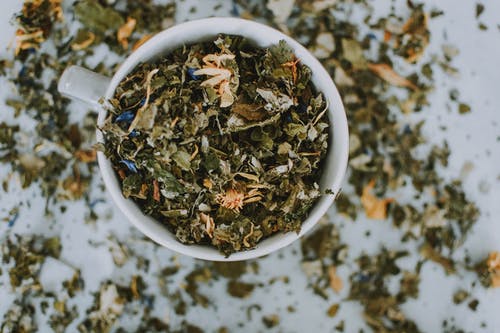



Article by: Hari Yellina
The Steinki family business in Korsenbroich has specialised in the production and selling of leafy vegetables and herbs for over 80 years. The intense competition from lower-cost imported items from southern Europe, on the other hand, makes general marketing circumstances more difficult. In addition, increasing energy, fertiliser, and labour expenses on the production side, according to Frank Steinki, the company’s fourth generation manager. The company contains a greenhouse as well as an outdoor area. According to Steinki, the outdoor harvest is presently underway. “A recent cold spell hindered the growth of our outside crops, so we’re starting the season a little later this year.” Our products will gradually become available in the next weeks.
The company sells the fresh veggies mostly through adjacent wholesale marketplaces in Cologne and Düsseldorf. The company operated its own stand sales at the latter wholesale market until a few years ago, when it became unprofitable due to a lack of walk-in clients. “The wholesale markets have been depicted increasingly badly in the media in recent years, but the industry is still viable, in my opinion, if you have regular clients and partners.” In the worst-case scenario, both wholesale markets will close permanently in a few years, wreaking havoc on the region’s fresh product supply. After all, regional specialised stores and restaurateurs rely on wholesale markets, and not everyone will purchase at Metro or the wholesale markets.
Herb consumption in Germany has been on the rise for some years, according to trade publications. “In particular, Turkish and Arab clients are increasingly turning to parsley and mint, as well as spinach,” Steinki observes, “whereas herbs are not used all that often in regular German cuisine.” According to him, competition has increased substantially as a result of rising consumption. “We occupied a niche with our herbs until a few years ago, but now this market segment is more fiercely competed than ever.” Steinki acknowledges that rising production costs are complicating the situation. “We can control pricing to some extent because we are in charge of marketing.”
So far, we’ve been able to roughly pass on the increased expenses, however we still need to adjust for the price level of imported goods. Quotes are expected to be 10% higher this year than last year across the board.” According to Steinki, the marketing window for domestic herbs normally lasts until November. “We used to be able to sell our herbs until mid-to-late November,” she says, “but in the last two years, we’ve had to stop in the first week of November since Spain and Italy were on the market sooner.”